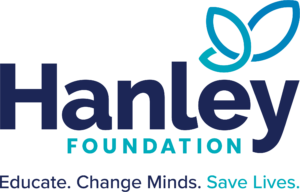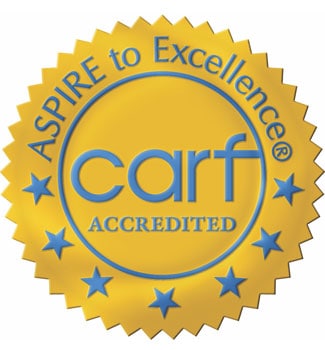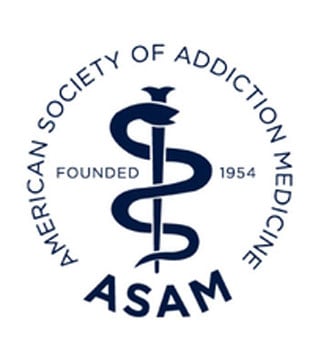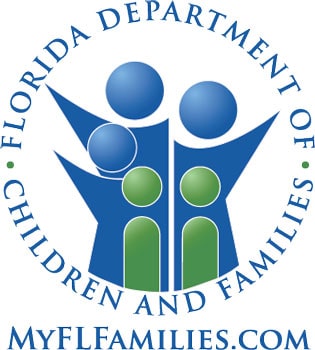Cocaine Addiction

Cocaine is a powerful, highly addictive stimulant. Cocaine floods the brain with the neurotransmitter known as dopamine. The euphoric blast that results can overwhelm and rewrite a person’s neural pathways.
Obsession for the drug then almost always takes over an addict’s life. Even though their cocaine addiction places their well-being and those they love in harm’s way, they cannot stop using the drug without professional help.
Cocaine on the Street
Cocaine looks like a fine, white powder. Pure cocaine is derived from coca plant leaves, and drug dealers stretch the expensive drug by combining it with cornstarch, baby powder, or other stimulants such as methamphetamine.
Users then administer the cocaine orally, intravenously, or by nose inhalation.
Popular nicknames for cocaine include:
- Coke
- Crack
- Blow
- Flake
- White
- Yeyo
- Snow
TYPES OF ADDICTIONS
Cocaine’s Effects on the Brain
The mighty flood of dopamine in the brain’s pleasure and reward center strongly reinforces drug-taking behaviors because the dopamine surge causes the user to become less sensitive to cocaine. As a result, people take increasingly more potent and frequent doses to feel the same high.

Risk Factors of Cocaine Use
Individuals with a parent or other first-degree relative with addiction are at a higher risk for developing a substance use disorder. Individuals lacking dopamine pathways may seek out pleasurable drugs like cocaine to correct their chemical imbalance.
Others who struggle with co-occurring mental illnesses, such as depression or bipolar disorder, may use cocaine to alleviate these symptoms.
Other co-occurring disorders include:
- Benzodiazepine use
- Alcoholism
- Schizophrenia
- Methamphetamine use
- Opiate addictions
Many adults recovering from cocaine addiction describe experimentation with alcohol, prescription, and illegal drugs when younger. Stressful situations such as job loss, divorce, trauma, or death in their family may trigger them to use cocaine again in conjunction with other drugs.
Hanley Center Can Help
Regardless of your complicated family history or stable home life, we are here to design a comprehensive, customized treatment plan. Integrated, medically supportive treatment is the most effective treatment for a person trying to overcome an addiction to this dangerous drug.
Signs of Cocaine Use
Physical symptoms include:
- Weight loss
- Sleep deprivation
- Trembling and shaking
- Dehydration
- Elevated body temperature
- Increased agitation
- Hyperactivity
- Cold-like symptoms
- Nosebleeds
- Muscle tics/spasms
- Changes in concentration and focus
Psychological and behavioral symptoms of cocaine use include:
- Social isolation
- Hiding drug use from others
- Impulsiveness
- Interpersonal relationship problems
- Violent behaviors
- Aggression
- Risky sexual behaviors
- Repetitive behaviors
- Disorganized thoughts
- Paranoia
How We Help
Hanley Center’s multidisciplinary experts are skilled at treating people with cocaine addiction. Our physicians, psychologists, psychiatrists, licensed therapists, and 12-Step immersion staff treat all issues that arise from cocaine use disorders: body, mind, and spirit. It’s one of the most used substances we encounter.

Cocaine Withdrawal Symptoms
A person addicted to cocaine may take it repeatedly for days. After the cocaine binge, they experience a crash that includes extreme fatigue and negative emotions. When the obsession with using returns, they may fall prey to the delusion they can manage their drug use. This deadly cycle of addiction feels impossible to break.
Symptoms of cocaine withdrawal include:
- Intense anxiety
- Depression
- Suicidal thoughts
- Lethargy
- Increased appetite
- Night sweats
- Chills
- Nightmares
- Tremors
- Muscle aches
- Nerve pain
Because withdrawal symptoms can prompt further use, medically-assisted detox combined with residential treatment protects individuals as they move through withdrawal.
Cocaine Addiction and Medical Detox
People struggling to overcome cocaine addiction may find it highly beneficial to undergo detox and treatment by trained medical professionals. Many cocaine users fail to remain sober following detox without adequate, clinically driven substance use disorder programming. Recovery is possible by addressing a person’s mental, physical, and spiritual wellbeing.
Treatment Modalities
Cocaine addiction is a neurobiological disease. Long-lasting recovery includes detox and stability and holistic rehab that simultaneously addresses psychological, mental, emotional, social, familial, environmental, personal, spiritual, and physical aspects.
Effective treatment helps those with an addiction disorder navigate detox safely, stop using cocaine, and learn how to manage stressors without turning to cocaine. With help, patients create an actionable plan to avoid relapse and improve their quality of life.
By learning to build new and positive relationships in recovery, clients will gain self-confidence and self-esteem as they heal.
Comprehensive patient evaluation and treatment modalities include:
- Continual nursing supervision
- Medication management
- Individual and group therapy
- Assessment and treatment of co-occurring disorders
- Neurological interventions
- Cognitive-behavioral therapy (CBT)
- Skill-building with dialectical behavioral therapy (DBT)
- Nutritious, nourishing meals
- Recreational therapy
- Meditation and mindfulness training
- Biofeedback
- Neurotherapy
- Spiritual Care
- 12-Step recovery groups
- Neurofeedback
Common Misconceptions About Cocaine Use and Addiction
Cocaine is not safe for your body. Long-term cocaine users shorten their life by ten years or more. Although cocaine does not produce a physical dependence like opioids or alcohol, it makes up for it with a substantial amount of psychological withdrawal.
While the heroin addict must use their drug just to avoid painful withdrawal, the cocaine addict believes they still retain control over the use of cocaine. This “mental obsession” is one we address in treatment.
Center for Brain Recovery
For this reason, we founded Hanley’s Center for Brain Recovery to ensure we remain on the leading edge of mind-body research. We incorporate health psychology and psychoneuroimmunology (PNI) principles, focusing on the many ways mental and physical health interact.
Led by a licensed psychologist, Hanley Center’s team of brain recovery specialists works on a cellular level to heal the brain. People who have been using cocaine need to retrain the brain to boost mood, manage chronic pain, and experience pleasure without the flood of dopamine.

Contact Hanley Center
Are you ready to lead a healthier, more confident life? Break the cycle of cocaine addiction for good.
Start your journey to freedom and fulfillment by calling Hanley Center at 561.841.1033.
Hanley Center: Most Insurance Accepted
Address: 933 45th Street
West Palm Beach, FL 33407




